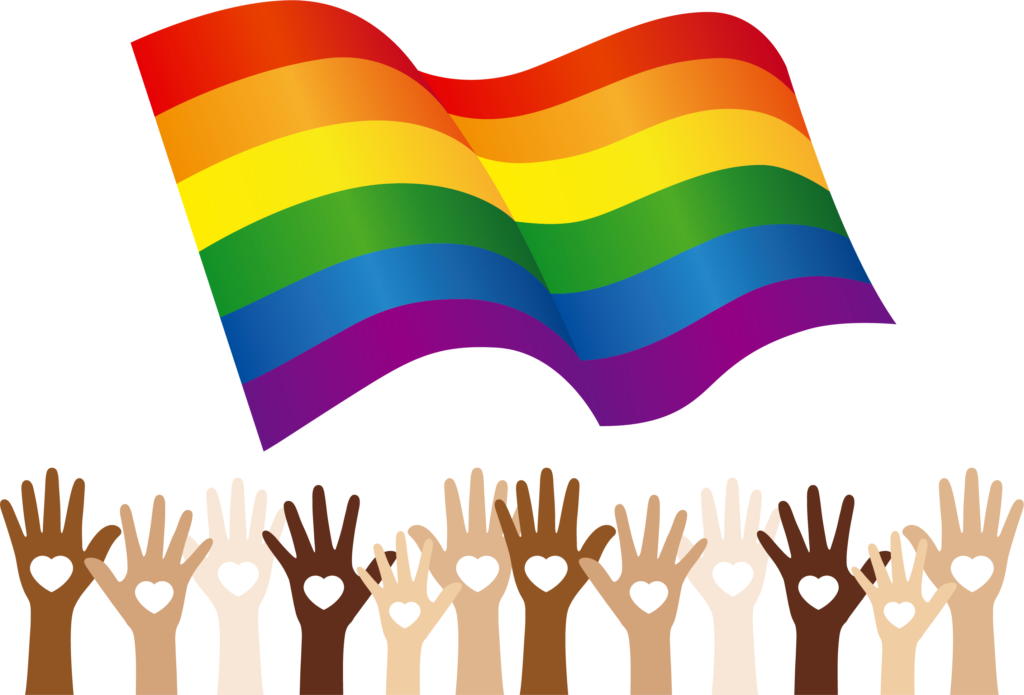An often-repeated term heard recently – unprecedented – by its very definition implies a singularly unique event or circumstance, an occurrence so new or unusual that it demands a new or unusual response from those involved. That seems straight-forward enough, but what happens when the “unprecedented” happens not just once, but multiple times? The challenges faced in 2020 so far – a global health crisis, economic collapse, and protests/demonstrations around racial injustice – have called on each of us to respond to the immediate needs of our communities, our companies, our families, and ourselves.
One understandable and dominant reaction that threads through it all has been stress, not surprisingly. While stress is a common and familiar term, many are unaware that there are different varieties of stress that occur in different circumstances, at different times, and for different reasons. In short, not all stress is equal. Research highlights three particular variants that are prominent in the current environment.
The first is eustress, or what is sometimes called “good stress”. In this circumstance, the stressor is viewed as a challenge, and the increased adrenaline and blood flow that is triggered enhances focus and energy. The body and mind are working in sync, and this type of stress can sustain performance in short bursts or even over extended periods of time if managed appropriately. An example would be professional athletes who, through training and determination, are able to do amazing things.
The second type is distress, or what would commonly be associated with “bad stress.” Rather than seen as a challenge, the stressor is perceived as a threat, triggering a raw survival reaction. This autonomic response floods the body with adrenaline and other neurochemicals to prepare you to fight, run away, or freeze (hide) in the service of your own survival. In this case, the body overrides the mind, which may enhance split-second decisions, but ultimately impedes overall performance. Picture a primitive encounter with a bear – you don’t stop and think, you simply react to survive!
The third variant is cumulative stress, or the result of experiencing either or both of the first two types over a prolonged period of time. While stress is a natural and unavoidable part of everyone’s life from time to time, we don’t typically experience both types unrelentingly for months on end . This type is easy to miss, and even dismiss in ourselves, as the discomfort is rarely felt as a sharp acute pain but rather a slowly increasing dull ache that can drain our energy and focus if unattended. The hallmark is often a growing list of physical reactions as the system wears down, including chronic fatigue, muscle aches, digestive issues, sleep problems, and increased illness.
Interestingly, the body doesn’t physically differentiate between eustress and distress – the same basic set of neurochemicals are released in either circumstance. However, the mind can! Research strongly indicates that the meaning you attribute to a stressful situation can influence your ability to manage the stress at the mental, physical, and neurochemical levels. Whenever any of us are faced with a stressful challenge, there is a critical inflexion point where we must decide what this moment says about us or about the environment around us . For example, do I say, “I think I can do this!” or “There’s no way I can handle this!” Is this “our finest hour” where we rise to the occasion, or is it “yet another defeat” and I look for a target for blame? There are a myriad of ways to manage stress, to the degree that we believe we can manage stress.
To be clear, the health, economic, and racial injustice challenges we have faced as a nation recently are immense, impactful, and can in no way be minimized. But like countless generations before us, this is our moment, and we have to decide how we will respond. It starts with a core belief that we can make positive choices in response to these challenges on our own behalf, or that of our family, company or community. It germinates from the realization that we are not alone, and that together change and recovery are possible. It stems from hope, the surest antidote to stress. It begins with each one of us .
Your organization will go through this crisis with or without you – lead them. We can help.







